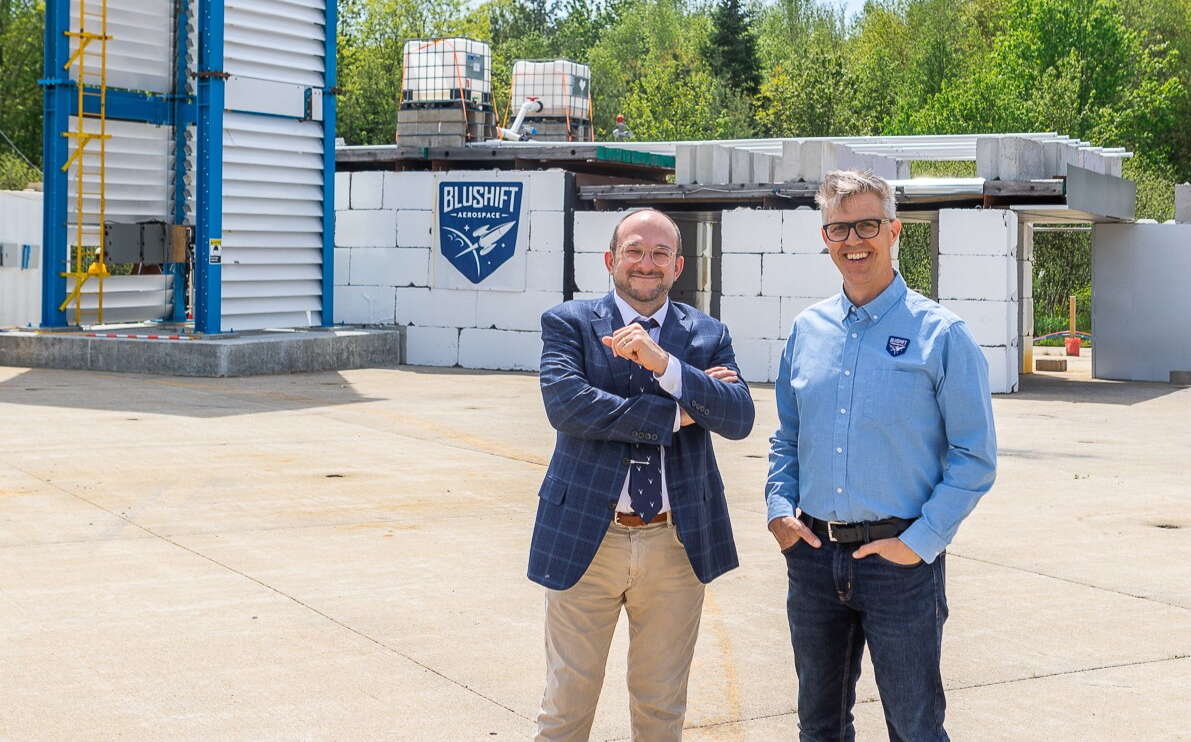
Processing Your Payment
Please do not leave this page until complete. This can take a few moments.
- News
-
Editions
-
- Lists
-
Viewpoints
-
Our Events
-
Event Info
- Women's Leadership Forum 2025
- On the Road with Mainebiz in Bethel
- Health Care Forum 2025
- On The Road with Mainebiz in Greenville
- On The Road with Mainebiz in Waterville
- Small Business Forum 2025
- Outstanding Women in Business Reception 2025
- On The Road with Mainebiz in Bath
- 60 Ideas in 60 Minutes Portland 2025
- 40 Under 40 Awards Reception 2025
- On The Road with Mainebiz in Lewiston / Auburn
- 60 Ideas in 60 Minutes Bangor 2025
Award Honorees
- 2025 Business Leaders of the Year
- 2024 Women to Watch Honorees
- 2024 Business Leaders of the Year
- 2023 NextUp: 40 Under 40 Honorees
- 2023 Women to Watch Honorees
- 2023 Business Leaders of the Year
- 2022 NextUp: 40 Under 40 Honorees
- 2022 Women to Watch Honorees
- 2022 Business Leaders of the Year
-
-
Calendar
-
Biz Marketplace
- News
-
Editions
View Digital Editions
Biweekly Issues
- April 21, 2025 Edition
- April 7, 2025
- March 24, 2025
- March 10, 2025
- Feb. 24, 2025
- Feb. 10, 2025
- + More
Special Editions
- Lists
- Viewpoints
-
Our Events
Event Info
- View all Events
- Women's Leadership Forum 2025
- On the Road with Mainebiz in Bethel
- Health Care Forum 2025
- On The Road with Mainebiz in Greenville
- On The Road with Mainebiz in Waterville
- + More
Award Honorees
- 2025 Business Leaders of the Year
- 2024 Women to Watch Honorees
- 2024 Business Leaders of the Year
- 2023 NextUp: 40 Under 40 Honorees
- 2023 Women to Watch Honorees
- 2023 Business Leaders of the Year
- + More
- 2022 NextUp: 40 Under 40 Honorees
- 2022 Women to Watch Honorees
- 2022 Business Leaders of the Year
- Nomination Forms
- Calendar
- Biz Marketplace
Latest capital round in hand, rocket-maker bluShift looks to start commercial launches in 2025
 Photo / COURTESY BLUSHIFT AEROSPACE
The goal is to scale operations for commercial suborbital launch in 2025. bluShift launched the world’s first biofuel-powered prototype rocket in early 2021 from Loring Commerce Centre in Limestone
Photo / COURTESY BLUSHIFT AEROSPACE
The goal is to scale operations for commercial suborbital launch in 2025. bluShift launched the world’s first biofuel-powered prototype rocket in early 2021 from Loring Commerce Centre in Limestone
BluShift Aerospace, a Brunswick Landing-based startup, said it secured $2.3 million to accelerate the development of small satellite launches using its proprietary biobased fuel, with the goal of scaling operations for commercial suborbital launch in 2025.
The company raised $1.3 million in a seed round, led by Houston-based private investment firm Late Stage Capital, with participation from Maine Technology Institute.
A $1 million match came from a federal Small Business Innovation Research grant, a program administered by the U.S. Small Business Administration.
The money will go toward accelerating the development of orbital and small satellite launch services, according to a news release.
BluShift also took on Late Stage Capital’s managing partner, Brady Brim-DeForest, as the chair of the startup’s board of directors.
Engine burn
Founded in 2014, the rocket-maker, led by founder and CEO Sascha Deri, is developing a line of eco-friendly rockets a to provide affordable, sustainable space launch services. The company is targeting universities, corporations and federal agencies that want to launch nanosatellites as far as 400 miles above the Earth.

In January 2021, bluShift launched the world’s first biofuel-powered prototype rocket, called Stardust 1.0, from Loring Commerce Centre in Limestone.
The company has since been developing a full-scale biofueled rocket engine for commercial use.
The latest round of funds marks a new chapter in bluShift's growth follows nearly $4 million previously raised. The new capital infusion will go toward completing a full duration “static-fire” engine test in the coming months, with the goal of scaling operations for commercial suborbital launch in 2025.
A static-fire test is one in which the engine is fired but the vehicle doesn’t launch.
“Suborbital” means the rocket reaches outer space, then returns to earth rather than enter into an orbit around the earth.
A full duration static-burn test means that the goal of the test is for the engine to burn the full duration of an actual launch. The company previously conducted partial burn tests. In 2022, its first partial burn lasted 5 seconds.
A full-duration burn is estimated to last 60 seconds and to offer three times the total impulse of previous tests. The goal is to prove that the engine is capable of propelling rockets all the way to space.
In preparation for the full-duration static fire test, bluShift’s team of engineers and technicians has greatly expanded the company’s test stand, located on the runway of the former Brunswick Naval Air Station. The new stand, 40 feet high, is engineered to tolerate massive amounts of heat, vibration, and pressure as part of the upcoming test.
We see an enormous need for dedicated, small-lift satellite deliveries to space," said Deri.
The small satellite market, he said, relies on large companies for massive deployment of large satellites, leaving the deployment of small satellites with multi-year wait times.
"With an increasing demand for replacing individual small satellites as they naturally de-orbit every three to seven years, we are seeing more and more customers seeking rapid, affordable access to space and direct delivery to their desired orbit," said Deri.
In the last 20 years, a new class of small satellites has become one of the fastest growth sectors in the satellite industry, enabling services and research for academics, commercial and government use, according to the release.
BluShift is looking to establish private launch services and manufacturing sites along the Downeast coast.
In 2022, after reviewing several applications through a request-for-information process, the startup said it selected Steuben, a coastal town of 1,129 people in Washington County. It based the choice on the town's proximity to a suitable off-shore launch site, existing physical and human capital assets and willingness to provide permitting assistance and economic development tools such as tax increment financing.
Venture capital
Late Stage Capital, founded by Brim-DeForest, is a venture fund that invests from seed to growth.
Brim-DeForest is also CEO of Formula.Monks, an artificial intelligence technology firm that services industries including aerospace.
Brim-DeForest has co-founded six startups and helped Fortune 500 companies implement new processes that enable them to produce competitive products at startup speeds, according to the release.
"The company's leadership team and long-term vision for democratizing access to orbit aligns with my own passion for transforming the future of space exploration,” said Brim-DeForest.
Other members of bluShift’s newly formed board of directors are Deri and Maine-based software and technology entrepreneur and investor Peter Murray.
Deri was a 2021 Mainebiz Next List honoree.













0 Comments